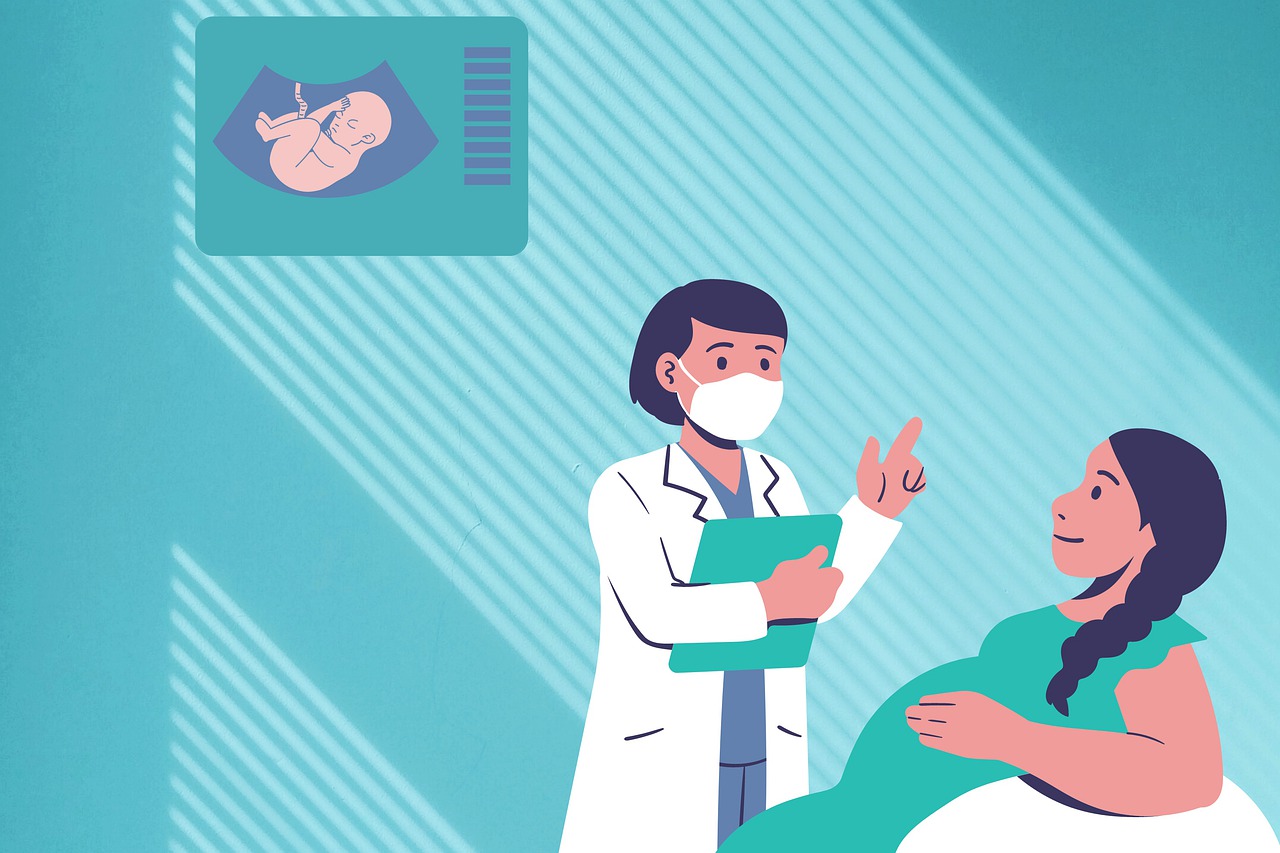
The time leading up to childbirth can be understandably hectic and there are a ton of things to get done in advance. Because of this, women expecting a child should establish a relationship with a doctor whom they can see often during pregnancy so that they can get the best care possible.
But what can be done to help minimize risks? Prenatal care is one option, and it includes regular check-ups to ensure the health of both mother and child. Prenatal care is what it sounds like: the check-ups that take place before a mother gives birth. Through the course of your prenatal treatment, you will undergo a series of exams and scans. To help you better understand the importance of it, let’s take a closer look at how these regular check-ups can be helpful.
Table of Contents
The First Doctor’s Visit
Most people book their first appointment between the eighth and tenth week of their pregnancy. In reality, it is actually recommended to visit your doctor as soon as you find out that you are pregnant. The first appointment should always be made as soon as possible, whether it is your first pregnancy or you have had others in the past.
Your healthcare provider will perform a quick physical examination during your visit. In addition, a medical professional (such as a nurse or a physician’s assistant), will check your pulse, eating habits, sleep schedule, and measure your BMI. The doctor may ask if there is a medical history running in the family, and depending upon the physical examination, he or she may suggest further testing.
Afterward, your doctor will advise you when to schedule any subsequent appointments. Your baby’s progress and well-being can be tracked with these regular visits. You may need to see a doctor more regularly if you have a chronic illness or a hereditary condition in your family.
With that in mind, let’s look at the two types of newborn screening tests that you might need to go through:
● Genetic screening tests are tests that might provide you with an indication of whether your baby has an issue.
● Diagnostic tests can verify the presence of the problem with a significantly improved certainty than other tests.
A Focus On Genetic Screening Tests
Unlike the standard screening tests for women’s health, genetic screening tests for your future baby aim at genetic disorders. These simple screenings may help determine whether your future child will be at risk of inheriting a genetic disorder from either parent. There are several ways to do the tests, such as a blood sample (NIPT and Prenatal Serum Screening), amniocentesis and chorionic villus sampling.
These tests are performed to determine the presence of a genetic condition early in the first stages of development. If your child is at risk of developing a genetic problem, you may get a potential diagnosis through a simple blood test. Your doctor may suggest further diagnostic testing if the screening reveals any difficulties, and they will discuss this option further with you during your appointment.
What Are Diagnostic Tests?
If your obstetrician or primary care physician notices anything out of the ordinary, or if they want to take a deeper look to ensure everything is functioning normally, they may advise prenatal diagnostic testing. Before a baby is born, genetic abnormalities in the growing fetus such as those caused by either inherited or acquired genetic disorders can be uncovered through these tests.
A number of diagnostic procedures, including chorionic villus sampling (CVS), percutaneous umbilical blood sample, amniocentesis, and preimplantation genetic testing (PGT) are some of the tests that can be performed to help detect genetic and chromosomal abnormalities in the fetus. Each of these tests may come with its own risks, so be sure to discuss them with your provider to make sure they are right for you.
Putting You and Your Baby First
Having a baby is a beautiful, exciting event. It is important to find the correct expert, an OB-GYN, to advise you through your pregnancy and make sure everything develops normally. Given the magnitude of the changes in your body, you’ll need to take some preventative measures. Multiple factors, including your weight, blood pressure, red cell count, and iron levels – among others – need to be measured consistently.
Other signs that you may need to look for include movement, as well as the baby’s heartbeat. Make it a point to ask any questions that come to mind, regardless of how trivial they might seem. The more questions you ask, the more you will learn and the more likely it will be to experience a successful pregnancy and a happy baby.

